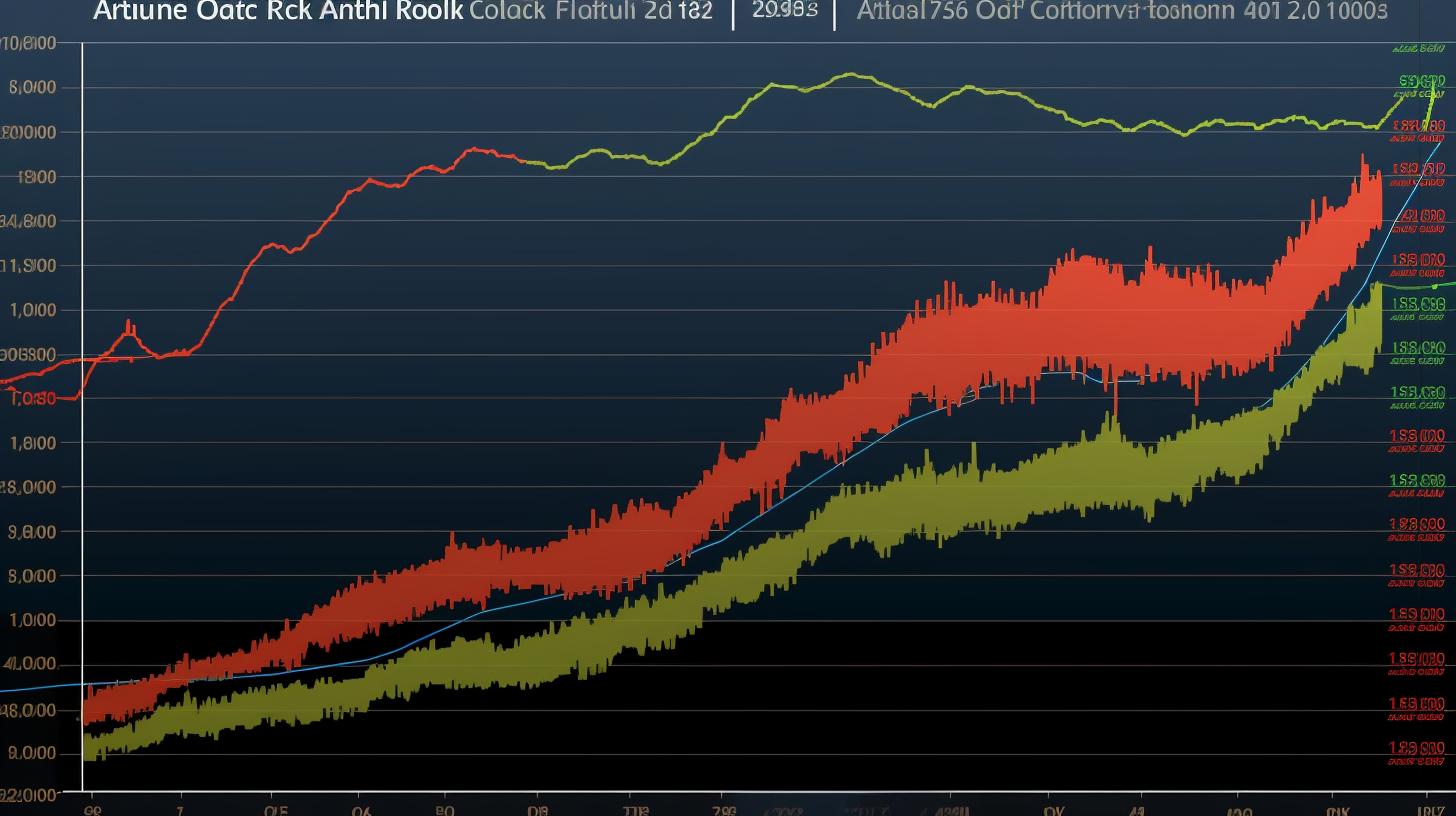Understanding FraudGCN and Its Impact
Researchers have developed a groundbreaking artificial intelligence (AI) system named FraudGCN to revolutionize the detection of accounting fraud. This innovative system leverages machine learning and graph theory to scrutinize the complex network of relationships between companies, auditors, and industry peers, identifying and predicting fraudulent activities efficiently.
Challenges of Traditional Fraud Detection
Traditional methods of detecting financial fraud rely heavily on audits, which are time-consuming and may not always differentiate between legitimate business success and manipulated data. This often results in fraudulent activities going unnoticed for extended periods. Common types of fraud include invoice fraud, vendor fraud, and payment fraud, each presenting unique detection challenges.
The Role of AI in Transforming Fraud Detection
AI's integration into fraud detection brings a double-edged potential; it aids in both detecting and perpetrating fraud. On one hand, AI can parse through voluminous data sets and social media activities to identify patterns and anomalies that human investigators might miss. On the other hand, fraudsters are also utilizing AI to create synthetic IDs and manipulate metadata, complicating the landscape of financial crimes.
Automation as a Preventive Measure
Beyond detection, automation in financial processes offers preemptive measures against fraud. Automated accounting systems with in-built fraud detection capabilities, like anomaly detection and invoice matching, streamline processes and reduce opportunities for fraud. While the transition to automation poses challenges like cost and complexity, the return on investment in terms of reduced costs and increased efficiency is significant.
Looking Ahead: The Future of Fraud Detection
As fraud detection methods evolve, the financial industry must adapt to harness the power of AI and automation while being vigilant of the risks these technologies might introduce. The development of FraudGCN marks a significant step forward, promising enhanced due diligence and security in financial operations.













